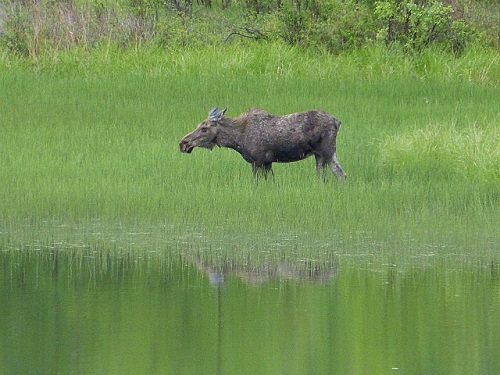The first case of Chronic Wasting Disease (CWD) was recently found in Washington in Spokane County. CWD is a fatal disease that affects cervids: deer, elk, and moose. It is transferred through feces, saliva, urine, and other bodily fluids and can linger in the environment. It is a prion disease that affects the animal’s nervous system, but symptoms don’t appear until the late stages of the disease and include weight loss, lethargy, drooping ears, excessive salivation and urination.

CWD is currently found in 35 states as well as four provinces of Canada. Washington Department of Fish and Wildlife (WDFW) has been preparing for its eventual spread to Washington since 1995, and, in 2021, in response to CWD detection in Idaho, put into place a CWD management plan. This plan creates a response team and an initial response area of a ten-mile radius of detection, where the agency would consider reducing population numbers and increased testing.
Although the disease has not been found to affect humans, WDFW encourages hunters to get animals tested, which is crucial to help track the spread of the disease. Reach out to WDFW for more information.
Adam Gebauer













